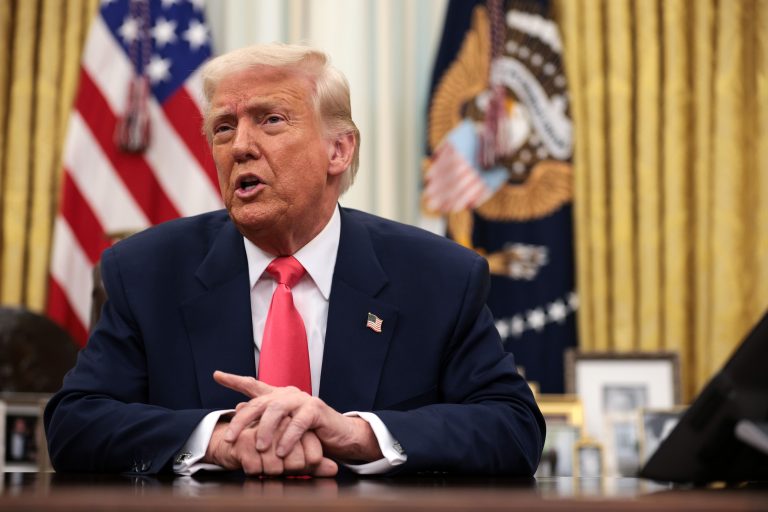The U.S. Senate Banking Committee has moved forward with a bill aimed at regulating the stablecoin industry, marking a significant step towards getting the legislation signed into law by President Donald Trump.
Following approval by the committee, the bill, which seeks to regulate U.S. stablecoin issuers at the federal level, now needs to pass through the Senate as a whole. A similar version of the bill is also awaiting approval in the House of Representatives. The committee advanced the bill with an 18-6 vote, but there are still several hurdles to overcome, including reconciling the different versions of the bill from each chamber.
Despite the bipartisan support for the bill, many Democrats on the committee pushed for additional regulatory controls and limits through amendments, all of which were rejected on party lines. Senator Elizabeth Warren expressed concerns about the bill’s current form, calling it a “clear threat to our national security.” Warren’s proposed amendments were all rejected during the hearing, leading to her frustration.
Senator Warren criticized the timing of advancing the bill, especially in light of reports that Donald Trump was exploring the creation of his own stablecoin with a platform known for legal issues. Another Democrat, Catherine Cortez Masto, criticized the lack of debate during the markup and the absence of some committee Republicans.
Chairman Tim Scott defended the bill, stating that the committee had put in extensive effort to move it forward. Senator Bill Hagerty, the primary author of the bill, touted it as a bipartisan effort that aims to protect consumers, promote competition, and drive innovation in the stablecoin industry.
The crypto industry is hopeful that a strong majority of lawmakers will support its policy initiatives this year, especially after a recent bipartisan victory to remove an IRS rule opposed by the sector. The Senate Banking Committee, now led by Republicans, is prioritizing stablecoin legislation as part of its agenda.









